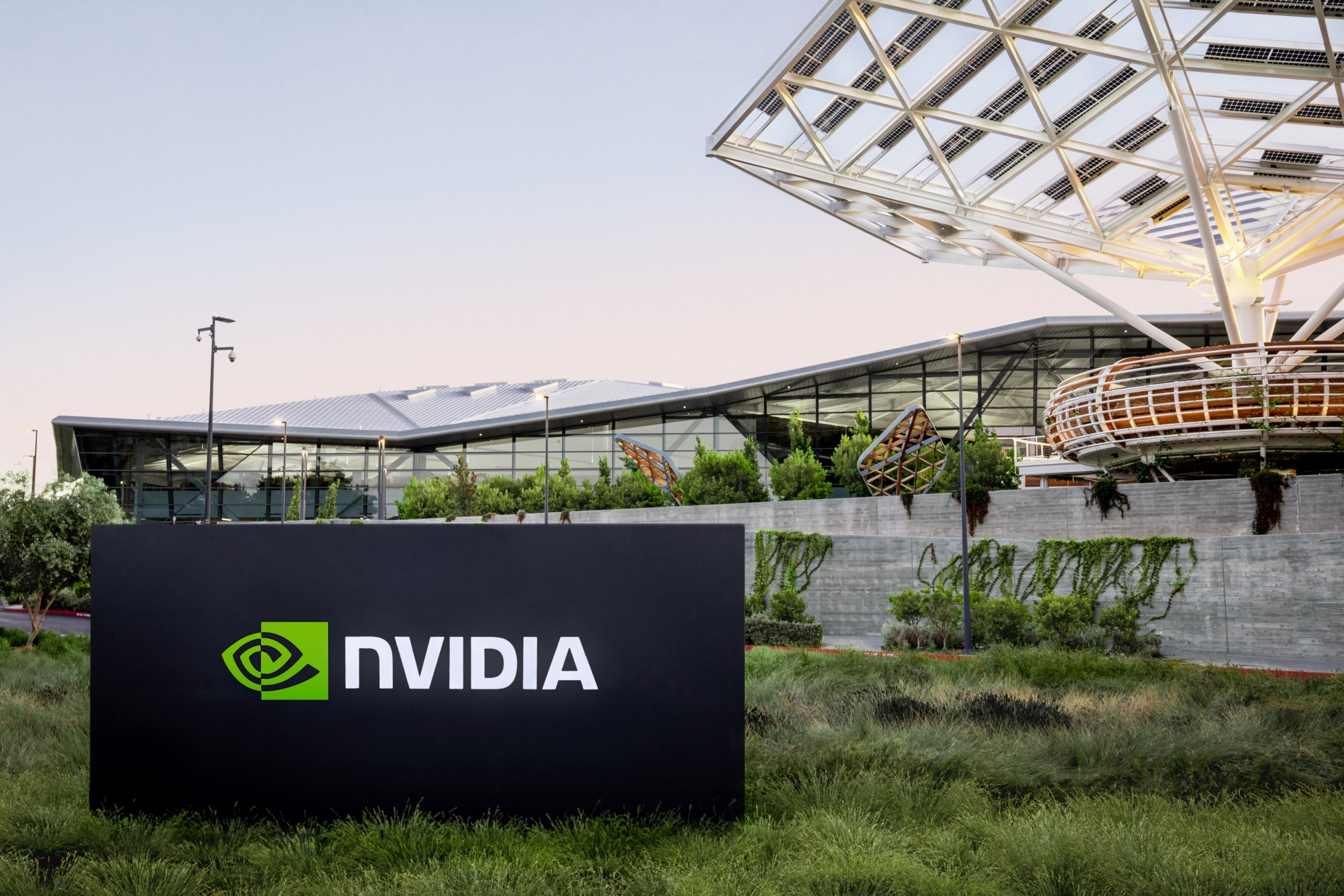Ooredoo did not specify which Nvidia technology would be installed, citing dependency on availability and customer demand.
U.S. chipmaker Nvidia is set to deploy artificial intelligence technology at data centres owned by the Qatari telecoms group Ooredoo in five Middle Eastern countries under a new agreement.
The new partnership is geared towards enhancing AI infrastructure across the MENA region, and aims to improve security, optimise performance, and customise solutions to meet local standards effectively.
“Capitalising on the significant market demand for accelerated computing and hyper-connectivity across its MENA footprint, Ooredoo is developing an AI-ready platform powered by Nvidia’s full-stack innovation across systems, software, and services,” the Qatari telecom company said in a statement.
Ooredoo will become the premier provider in the region, enabling clients at its data centres in Qatar, Algeria, Tunisia, Oman, Kuwait, and the Maldives to access Nvidia’s AI and graphics processing technology directly.
“Implementing Nvidia’s full-stack platform for accelerated computing and generative AI.. [and] working with Nvidia, we aim to meet the significantly growing demand for accelerated computing infrastructure to support advanced AI models,” Ooredoo’s CEO Aziz Aluthman Fakhroo said.
“Our b2b [business-to-business] clients, thanks to this agreement, will have access to services that probably their competitors (won’t) for another 18 to 24 months,” he added.
Nvidia’s senior vice president of telecom Ronnie Vasishta pointed out the benefits of this technology, stating it would significantly enhance Ooredoo’s ability to support customers in deploying generative AI applications.
“As a trusted regional telecommunications provider, Ooredoo Group combines deep enterprise and consumer relationships with the ability to invest in and deploy AI infrastructure and services,” he said.
“By providing Nvidia’s full-stack AI computing platform to customers, Ooredoo will help make it easier for their customers to deploy generative AI applications and services.”
This deal stands as Nvidia’s first large-scale launch in a region where the United States has limited the export of advanced U.S. chips.
The restrictions aim to prevent Chinese firms from leveraging Middle Eastern countries as an entry point to access the latest AI technology.
While the financial terms of the deal were not disclosed, it was confirmed to have been signed during the TM Forum in Copenhagen on June 19.
Ooredoo did not specify which Nvidia technology would be installed, citing dependency on availability and customer demand.
Although some Nvidia technology can be exported to the Middle East, the U.S. curtails the export of the company’s most sophisticated chips.
Ooredoo is set to invest $1bn to expand its regional data centre capacity by an additional 20-25 megawatts, supplementing its current 40 megawatts, with plans to nearly triple this capacity by the end of the decade.
Last year, Ooredoo strategically separated its data centres into an independent entity, a move that paved the way for its recent expansion. This collaboration with Kuwait’s Zain and Dubai’s TASC Towers Holding also led to the formation of the Middle East’s largest tower company.
CEO Fakhroo also revealed plans to create a separate entity for Ooredoo’s undersea cables and fibre network.







